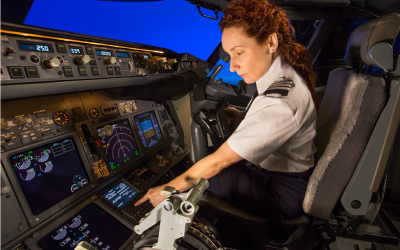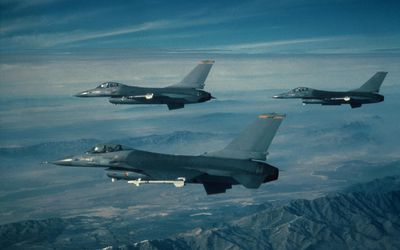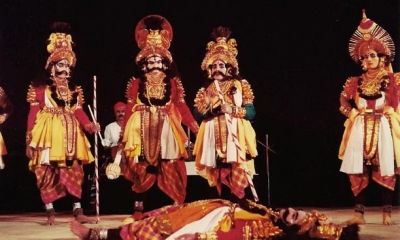Devoured by Passion

What are the subjects needed to become a librarian? In addition to the school and college libraries, where else can a librarian find employment?
Other than the school and college libraries, there are specialist libraries that meet the need for advanced research in subjects as varied as music and medicine. Take the example of the New Delhi-based Lalit Kala Academy library that has a collection on music, dance and theatre traditions of India. Gandhi Darshan, in New Delhi, has a huge library on Gandhian studies, the Capital’s National Museum has a library on history and civilizations. Even college libraries have specialized categories depending on the nature of the institute. So the collection of material at a medical college library will be different from that of an engineering college. Then, of course, there are the public libraries for students and people in general, like the libraries of the British Council and the Indian Council for Historical Research. You can take the plunge after graduating from any stream and by pursuing the one-year bachelor of library science (BLIS). After that, you could pursue on MLIS and even an M.Phil and PhD. Here are some of the universities that offer a degree/PG diploma in library science
- Aligarh Muslim University, Department of Library & Information Science, Aligarh.
- Banaras Hindu University, Department of Library & Information Science, Varanasi.
- Jawaharlal Nehru Library, Department of Library & Information Science, Mumbai.
- University of Delhi, Department of Library & Information Science, Delhi.
- Indira Gandhi National Open School, Department of Library & Information Science, Delhi (through distance mode).
Picture Credit: Google




 Dietetics and nutrition are now stepping-stones to high-profile careers in the government, with foreign agencies, at hospitals, schools, colleges, health centers and even in the media. Dietetics is the study of balanced food and helps in identifying the food value of different items and problems arising out of their deficiency. Meaningful job opportunities exist in the field of research, treatment and cure, and community nutrition.
Dietetics and nutrition are now stepping-stones to high-profile careers in the government, with foreign agencies, at hospitals, schools, colleges, health centers and even in the media. Dietetics is the study of balanced food and helps in identifying the food value of different items and problems arising out of their deficiency. Meaningful job opportunities exist in the field of research, treatment and cure, and community nutrition.